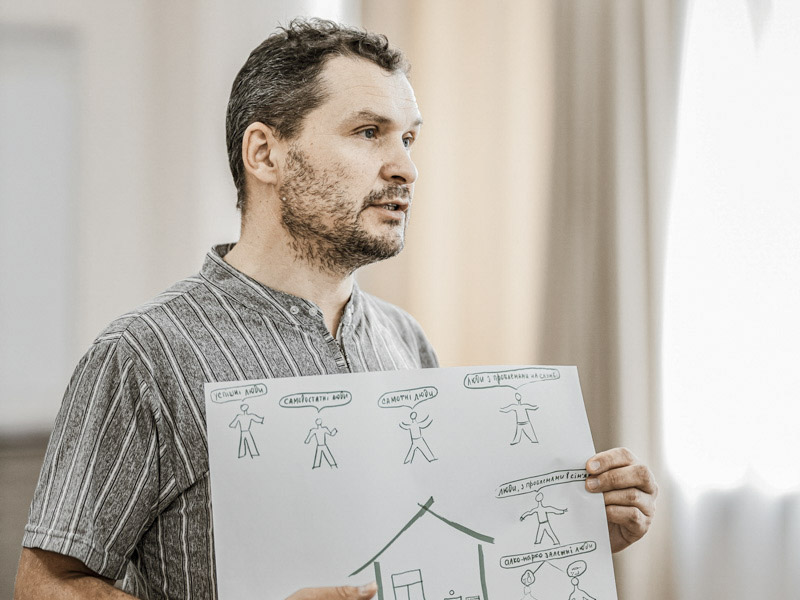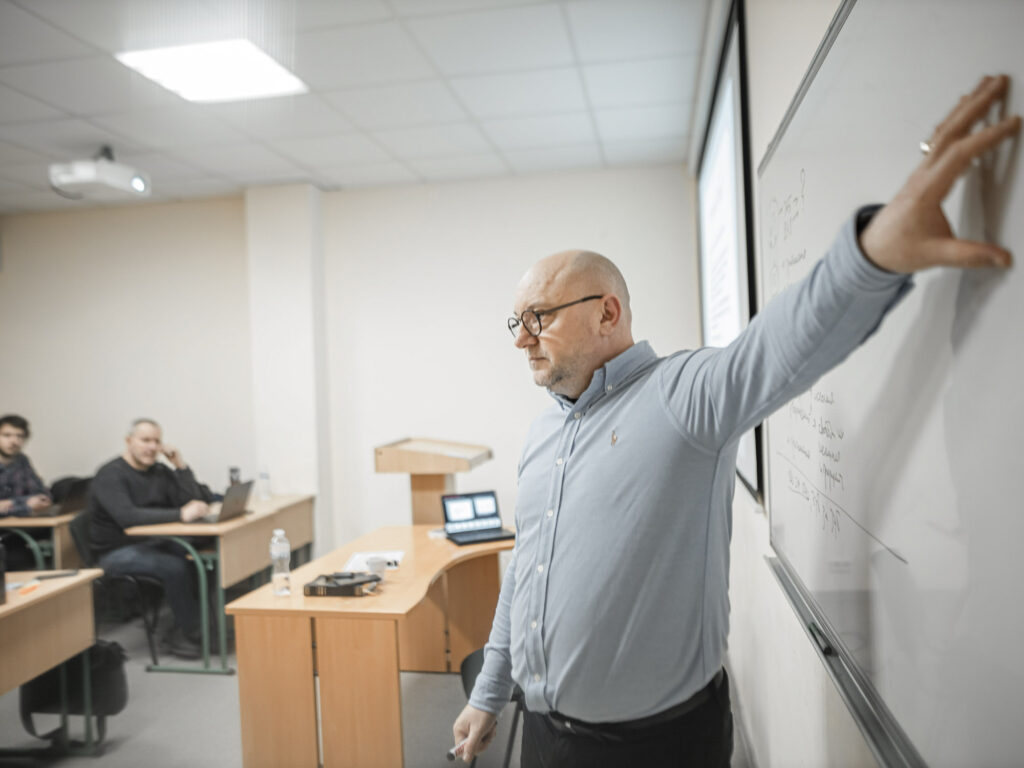
Theology of Transformational Leadership
Master's degree, On Campus/Hybrid Mode. The program is licensed by the Ministry of Education and Science of Ukraine.
The Program is accredited by the European Council for Theological Education

Master's degree, On Campus/Hybrid Mode. The program is licensed by the Ministry of Education and Science of Ukraine.
The Program is accredited by the European Council for Theological Education

To equip leaders involved in church ministry and organisational management with biblical principles, examples of leadership development and his/her interaction and relationship with the church/organisation and society.




There are 4 steps to take


You need to get 2 references, from the pastor of your church and a ministry leader
Recommendation from a pastor or ministry leader
